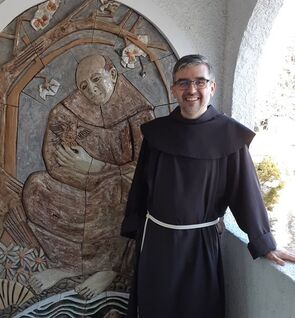 Br. Michael Perras. Photo: Solomon Ip. Br. Michael Perras. Photo: Solomon Ip. Above his bedroom door, Br. Michael Perras, OFM, has a small banner made by his great-aunt who was an Ursuline sister which reads: “To Radiate Christ”. For him, it serves as a reminder to put on Christ when putting on his habit every day. Yet it also speaks to something deeper, the call for Christians to radiate Christ to the other. Those in consecrated life have chosen this as their life’s work, whether contemplative or active, ordained or not, male or female. The feast of the Presentation makes this clear to us — that we are to live in imitation of Christ, the “light to enlighten the nations”. This feast has long fascinated Br. Michael (Mount St. Francis, Cochrane), in particular the figures of Sts. Simeon and Anna. In Br. Michael’s words, they serve as reminders: reminders to be amazed and to give praise, reminders to hope and trust, reminders of the elders in our lives, reminders of those who pass on the amazement of encountering Christ, and as reminders of those who call out the truth of who we are — in many ways, they are types of the consecrated life itself. The feast itself is a reminder: the hints of our baptismal promises in the liturgy are a reminder that we live as children of God, in the dignity of being anointed priest, prophet and king as Christ was in his Incarnation among us. Finally, Candlemas has been traditionally seen as the tail end of Christmas, with its themes of light-bearing. It is only right then, that the consecrated life and the Presentation of Christ are celebrated together, serving to remind us that we are all called to be bearers of light, and to witness to the light — to radiate Christ into the world. When we think of the consecrated life, the mind quickly turns to nuns and religious sisters, and for good reason. Women far outstrip men in North America to the vocation of consecrated life, both in number of vocations and variety of orders. However, they do not comprise the only groups under the term “consecrated life”. Rather, the consecrated life includes all who profess public vows of poverty, chastity in the form of celibacy, and obedience, within a permanent state of life recognized by the Church. Compared with sisters and nuns, brothers, monks and friars are far less common in North America, especially within this diocese. Some orders have come and gone quite quickly, such as the Benedictines, while others enjoyed enduring tenures among us, such as the Brothers of Our Lady of Lourdes. The Franciscans have maintained a steady presence in Cochrane from the 1940s until now, and among them lives the sole non-ordained religious brother currently in the diocese: Br. Michael. For Br. Michael, the call to religious life “came out of nowhere”. He grew up in a parish which receive Redemptorist missions regularly, and had two great-aunts who had been Ursuline sisters, but these seemed to be more “stepping stones” to the consecrated life, not “runway moments”. His parents owned the grocery store in Glenavon, SK, which was a primer in the life of service, and this continued in his life into youth ministry work throughout Saskatchewan. However, several things drew him to the Franciscans. Having tried to live simply during his pre-Franciscan life, an added depth was encountered in religious life, where the continual call to simplicity means to live out of who one is. Community and fraternity naturally grow out of this simplicity, with the discovery that “I can live out who I am in this way” among the messiness and the goodness of community, not changing who God has asked him to be. The centrality of the Incarnation to the Franciscan charism also drew Br. Michael. St. Francis’ life was centred upon the humility of the Incarnation and the charity of the Passion, and for Br. Michael, who has been drawn to the Incarnation since childhood, this aspect of the charism is central: “God with us”, Emmanuel. Flowing out of this incarnational reality comes a broader understanding of living the Gospel as good news, in everything done in everyday life. Br. Michael sums up his experience of consecrated life quite succinctly in the phrase “big brother, little brother, always a brother”. As the eldest of four, being the big brother has always been a part of his life; and joining the Order of Friars Minor, the experience of “minority”, of being little and simple, is central to the charism. From this place of being a biological brother flows the life of being a religious brother. Biological siblinghood calls us to the importance of relationship and building bridges, and questions how we build links, how we forgive and reconcile, and how we engage with others with different viewpoints; it is only natural that religious brotherhood does the same in different dimensions — being present to others, listening to others on their journey, encouraging what they have and offer. Br. Michael sees his vocation as that of a link in a chain — being others’ connection to faith and to the Church, the Church’s connection to the world, and linking these together in new and unexplored ways. Each religious brother and sister lives out their vocation in a different way, stemming from the consideration of what they have and what they offer. Historically, unordained brothers were manual labourers who made life function for their order; nowadays, many are engaged in academic pursuits or in active ministry work — Br. Michael himself works in retreat ministry and spiritual direction. Despite changing situations, the most important facets of consecrated life have not: to announce the Good News, and to witness to the Good News lived out in the lives of the people of the broader community. For Br. Michael, consecrated life is an invitation for us to deeper listening and awareness of God’s working in our lives and those around us. In our noisy world of instant gratification, consecrated life gives us pause to reflect on what and who we are listening to. The work of fraternity, hospitality and service that so many religious carry out points out that all Christians have a vocation to community and to being the Church. The ordained priesthood can often seem removed to some, and so the accessibility of consecrated life speaks to the connection, approachability, inclusivity and dialogue that all Christians are meant to embody, to the centrality of relationship in humanity. To sum it up, consecrated life is a sign for us to live life for the other, and not for the self. In Br. Michael’s words, consecrated life is one of “witness and connection, being present and listening” — a life remarkably similar to those of Sts. Simeon and Anne. As we approach the feast of the Presentation of the Lord, let us grow in the lessons that consecrated life teaches us: chiefly, let us grow “To Radiate Christ”.
0 Comments
Our homes hold a lot of what is near and dear to us. For starters, our family. The home provides shelter for the people we love. Aside from our belongings which we need in order to function in life, our home is a shelter for the things that define us, objects that hold special meanings. Be it a special painting, a family heirloom, or that memorable walkman from the 80s. In a Catholic home, some of the objects that hold special meaning to us are holy images or religious articles that help us think of God and the communion of the saints and the angels. Some Catholic homes have home altars or prayer corners/rooms where the family can spend time of prayer, meditation, or teaching the Faith. This YouTube vlogger, A Catholic Mom's Life, features her prayer room as a place not only to pray but also to read and hang-out as a family apart from the living room or the kitchen. Tips for starting your home altar/prayer corner or room...
Having a home altar or prayer corner/room can help us consciously make room for God in our lives. Consider this... Our homes should be a refuge, a place where everyone can come home to rest, to be nourished, and to be re-energized for the next day. Carve a place for prayer and let the peace of Christ dwell in your house. For you have been a refuge to the poor, a refuge to the needy in their distress, a shelter from the rainstorm and a shade from the heat." Isaiah 25:4 In 2021, Pope Francis invited the whole Church to a discussion of synodality. If the word takes you by surprise, you’re not alone. While the concept of synod, or church council, is not new, you won’t find synodality in a secular dictionary. The term was chosen by Pope Francis, whose papacy has often focused on evangelization. With synodality, the Pope is carefully placing evangelization into the hands of the Church’s people. From now until 2023, the pursuit of synodality calls Catholics to get together, to talk and listen, and to love and learn in a deliberate effort to move closer to Christ and the Church. On Tuesday, January 18, I was a humble participant in a synodal conversation with more than 90 clergy and lay leaders from parishes in one pastoral zone of the Catholic Diocese of Calgary. We met via Zoom to talk about Pope Francis’s vision and to meet the Diocesan team who spent months preparing for a host of virtual gatherings. After the pastoral zone meetings are done in early February, similar e-meets (and in-person whenever possible) will be held with lay Catholics. I plan to participate again. Bishop William McGrattan is optimistic that all of these prayerful discussions will shape the Church’s mission of service and proclamation of the gospel. Based on my experience, and several conversations the next day, I think he has reason to be hopeful. Why? Because we can’t un-spill milk. 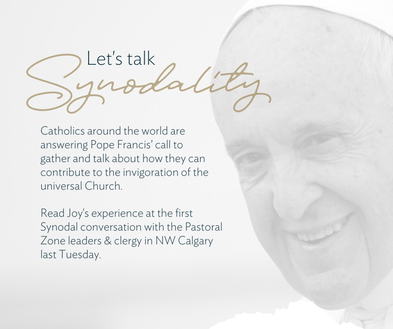 Relationships require understanding Almost 30 years ago, my husband and I participated in a Marriage Encounter weekend. One of my biggest takeaways was the notion that healthy relationships require that we understand that it is impossible to un-spill milk. What’s happened matters. What happens next is even more important. I take that same concept into discussions of my experience with the universal Church. I won’t discuss confidential information shared as part of the synodal conversation. (Organizers did a great job of breaking us out into smaller groups.) I will say that I think it matters that Catholics, including lay members, are being asked, “How have you experienced journeying together as the Church?” For some of us, the question is fraught and the answers uncomfortable. But just like you cannot un-spill milk, I’m confident that a prayerful people, guided by the Holy Spirit, will not be able to unknow what they hear at meetings like these. Information changes people. It shapes new discussions. More than anything else, it demands care. In addition to being asked about our personal experience of the journey “as Church,” synodal participants are being asked what steps the Holy Spirit is inviting “us to take in order to grow in our ‘journeying together?’” Again, I think that’s a valuable question as it puts action back into the hand of the Church’s people. In addition to gathering information about these two questions, the very process strengthens the relationships fundamental to our parish communities. Several participants told me (or my editor) that they appreciated the opportunity to gather with people they know; an opportunity complicated by the global pandemic, yet aided by technology and, most obviously, the Holy Spirit. More importantly, feedback to me implies people felt empowered by the prayers and the discussions. They are already talking about their synodal experiences with Catholic peers. They are encouraging others to take part. Like Bishop McGrattan, they are hopeful. I take comfort in that hope, fueled as it is by two other theological virtues, faith and love. Written by Joy Gregory for Faithfully. Joy Gregory is a writer, cradle Catholic, and long-time parishioner of St. Peter’s, Calgary, where she’s been active in preschool catechism programs, RCIA, and the Society of St. Vincent de Paul.
Catholics, or Christians in general, can sometimes forget that we are both body and soul as human beings. We are not spiritual beings like the angels even when our human nature also has a spiritual dimension. We are human beings beautifully made by God, body and soul.
How we see and treat ourselves will often shape how we see and treat others. Christ became one of us as a human being, body and soul, in His incarnation while continuing to be God at the same time. He even bothered to be raised both in body and soul in His resurrected state because we matter. We matter to God both in body and soul and only death separates both from each other. Thus, the Lord opens for us the path of the resurrection to eternal life.
From the perspective of a priest, I, Fr Troy Nguyen, have seen the gift of Catholic education. Beginning with my time as a Deacon, I was able to visit a Catholic school in NW Calgary once a month and dedicate the whole day to speak to different grades in 30 minute intervals. From sharing the mystery of Advent with the little ones to speaking about the rational basis for our faith to the junior high students, it was a great opportunity to share the Gospel. One of my favourite things to do is to do question period with any grade but particularly the younger kids. They ask a variety of tough questions: who created God? Does the bible talk about dinosaurs? These and many other questions challenge me to translate complicated philosophical and biblical topics into bite size pieces for an 8 year old! Most importantly, it is time just to be with the students in a very human way just like Jesus did. Whether it’s walking through the halls, going to a high school football game or playing sports with the students, it reveals that faith is not contrary to our everyday life. I had an opportunity during lunch at an elementary school in Christ the Redeemer (CTR) to walk around and was invited to kick the ball for kickball. So I took up the challenge in my priestly attire and smoked that ball into the end of time! The kids were shocked and elated at the same time that a ‘priest’ could play kickball. At a junior high school in CTR during a girls basketball finals game, I was invited to say the opening prayer for the team and give them a blessing to calm their nerves because they were worried about this particular opponent. When they started playing, the girls from CTR played with great freedom, crushed their opponent and won the championship. They were extremely grateful for the spiritual boost and ‘divine intervention.’ To be able to share in the joys of these students with faith is a great gift. There are many more instances I could describe where Catholic education creates opportunities to encounter our Lord and the Catholic faith. These opportunities to reach out to students are only available to me because the administration and teachers allow me to come to visit the school. It may be much more difficult if not impossible to enter another school not focused on Catholic education. So, while there is much to be grateful for, there is much to continue to strive for if we want to maintain Catholic education. We need to pray for our teachers and administration and we need to continue to be intentional in forming their faith so that they can evangelize to our children from an authentic heart. We need to remain firm in our Catholic identity so that we can transmit the Catholic faith in its fullness and this is what differentiates us from public education. Catholic education is a gift, but gifts need to be protected and preserved. So we give thanks to God for the gift of Catholic education, and we ask him to protect and preserve this gift so that all of our children may continue to have the opportunity to know and to love this amazing God.
I gingerly sat on my cold leather seat, tensely awaiting my van to warm up on a frigid winter day recently. As I drove down my street, I begrudgingly looked out my passenger-side window and noticed my neighbour braving the -20 weather. To my amazement, Bill, at 101-years-old was slowly trudging through the snowy sidewalk with his walker underhand. I was completely awestruck! Walking to the corner store is, in fact, Bill’s ordinary extraordinary regular routine. And I’ll admit my grumbly, inner monologue screeched to a halt; I felt sheepish watching him from the comfort of my van. Bill’s example is exactly what Dr. Wojciech Brzezinski orders to maintain winter wellness and beat the winter blues. This is a topic near to my heart, as I find that these shorter, cold days challenge my own mental health. In a phone conversation with the newly retired physician, we covered topics ranging from growing up in a convent with his family in Communist Poland, his time as a junior national pairs figure skating champion, meeting his wife in medical school and then fleeing Communist Poland as a political refugee in the 1980s. We talked about how Brzezinski landed in Canada 39 years ago (his wife followed two years later) and spent the next seven years completing his residency specializing in surgery in Edmonton. Subsequently, he practiced medicine for 10 years in Fort McMurray and 15 years in Medicine Hat before settling in Canmore. He and his wife have raised two sons and delight in their three grandchildren. They are faithful Our Lady of the Rockies Shrine parishioners and both love keeping active with sports. Skiing down a mountain, or going for a swim brings Dr. Brzezinski joy, especially in the bleak winter months following Christmas. Drawing on his professional training and life experience facing adversity, he shared his three-part prescription with me for maintaining health of body, mind and soul this winter.
And for those who can’t get outside Fr. Siray suggests choosing a book or spiritual reading that is upbeat. “This time of year, because it’s a harder time, choose something to read that’s going to lift you up – a light-hearted novel or a spiritual book that isn’t quite so heavy; I think those can be a good remedy,” said Siray. Sunlight in Canmore can be limited in the winter because the mountain peaks block the light. During the winter, Fr. Siray prays in the darkness of the morning and evening and lights candles to make those prayer times special. “You are always looking for those light sources; you are hungry for light throughout the day. Lighting a candle helps me to pray. It fits for this time of year. It beats some of the darkness all around,” Siray said. At the end of our conversation Fr. Siray wanted to reassure me and our readers that “the light and warmth will return. That sense of expectation and longing for these things – I think there is something good in that too.”
If you struggle with always being late.... It's a new year and an opportunity for an improved version of you! Watch this video and learn from Jackie Angel (Ascension Press) on some practical tips on how to overcome this bad habit. How to combat this habit?
Source: Jackie Angel, Ascension Press
Watch this video and learn about a very simple financial principle that will require some discipline to live faithfully. *The video is used for illustration purposes and is not an endorsement of the financial institution. We must all live within our means. Even with more money, without any clear purpose, we can spend more than we make. Without this clear purpose, we can get into debt which causes a lot of negative impact on our spiritual, mental, and even physical well being. Let's keep these in mind:
Consider this... does your money own you or do you use your money to serve God and His purpose for you? Honour the LORD with your wealth, with the first fruits of all your crops; then your barns will be filled to overflowing, and your vats will brim over with new wine." Proverbs 3:9-10 Even moments of stress can be holy. When complaining about getting the ladder up to put up Christmas lights in the cold, a student re-framed the situation to say at least you have a house and are healthy enough to climb up! By shifting our perspectives slightly, we were able to see ordinary encounters as holy moments. The impact of teaching and learning through the various waves of the COVID 19 pandemic has impacted everyone and affected us in different ways. We noticed in conversations that at times it was challenging to see the light along the journey. Even as faith-filled educators we had to cope with uncertainty and make sense of God’s intention for us. It is in times like these that our faith can really be our strength, if we look for it. At our school we started with a reflection on our daily encounters. Rather than simply overlooking a helpful gesture or beautiful sunrise, we wanted to absorb those moments. Those moments can be fleeting, yet so powerful. To transfer this to students, among several initiatives, we implemented a call to identify holy moments. One of the activities that we had students participate in was a “Holy Moments” chain. Students would add their moments to the chain which was connected and displayed in the hallways.  Students prepared the Holy Moments chain for display. Students prepared the Holy Moments chain for display. We found that by intentionally sharing holy moments, perspectives changed. The act of re-framing situations to see the blessings in our midst allowed us to see our call to be joyful people, who act with gratitude. However, joyful participation in the challenges of life isn’t always easy. By identifying holy moments, it has also affirmed the gift that we have in our Catholic school with faith in the Lord at all times. We walk with Jesus every day! It is a blessing to be able to journey through hard times together knowing that God calls us to lift one another up when we are down. When you stop and look for it, even on your hardest day there is a holy moment that will make you smile. The foundation of our school as a community of faithful has not been more relevant than it is today. We need to know that God is with us. It is up to us to actually pause and notice His presence in our lives. The only question left to ask is, what holy moments have you had today?
In the name of the Father, the Son, and the Holy Spirit… Despite his upbringing in a strict Hindu Orthodox home in India, Kasiviswanat Ganesan carefully recites the Trinitarian prayer complete with careful hand placements to mark out the sign of the Catholic faith. Kasiviswanat or ‘Kasi’ as we all know him as, is the Cafeteria Manager at our newest high school in Red Deer Catholic Regional Schools. He has held this position since the school opened and has become well-known throughout the school division for his culinary expertise and the amazing lunches and dinners that he provides as part of the catering responsibilities that his team holds throughout the division. Kasi is also a parent in our division with a son and a daughter in our French Immersion program. This allows him to have a unique perspective and I sought him out to discuss his observations and understanding in relation to Catholic education. In our conversation, Kasi shared that he works two full time jobs. He is a supervisor at one of the top restaurants in Red Deer. He begins this job everyday after working 8 hours at our high school. Kasi indicated how hard this has been on his relationship with his son, Mukesh, who he often doesn’t even see on a normal workday. He tells me that he is supporting his own extended family back in India as well as in-laws in Indonesia. Kasi also tells me that he has been offered twice as much money at other restaurants or a promotion at the restaurant he currently works at if he would give up his job at St. Joseph’s High School. I asked him why he doesn’t do that especially given the financial obligations he carries. He replies, “I stay because of Mr. Daniel”. Mr. Daniel is the principal and Kasi goes on to inform me that he learns so much watching Mr. Daniel lead the school community. “He has built a family at our school.” I want to lead like Mr. Daniel who is tough on the outside, but has a really big heart.” I ask Kasi for an example and he describes a time when Mr. Daniel came to him and told him about a young man in their school who has a very difficult home life and was supporting younger siblings basically on his own. “Mr. Daniel told me to quietly give this student a lunch every day and just send the bill to the office and they would take care of it.” Kasi also recalls the time when Kasi, himself, became a Canadian citizen. “I did not tell Mr. Daniel that I was doing this, but the next day, the school had organized a special gathering for me and celebrated my new citizenship.” Kasi knows that his kids are getting more than just a good education in our Catholic school division. “They are learning how to live in a relationship with others. Catholic school changes their character and puts them on a good path. It is a good thing that they are learning there is one superior power out there guiding them.” This takes me back to the first line of the article where Kasi perfectly demonstrated the sign of our Catholic faith. Kasi has not joined the Catholic Church nor does he have any current desire to do so, but he knows Catholic education is good for his kids. Kasi explains, “My daughter taught me this as part of her prayers of gratitude she leads when we eat meals together and before she goes to sleep at night.” Kasi’s daughter’s name is Avanthika which means ‘beautiful sky’. She is five years old.
|
Author
Catholic Pastoral Centre Staff and Guest Writers Archives
July 2024
Categories
All
|
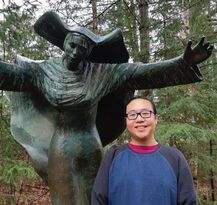
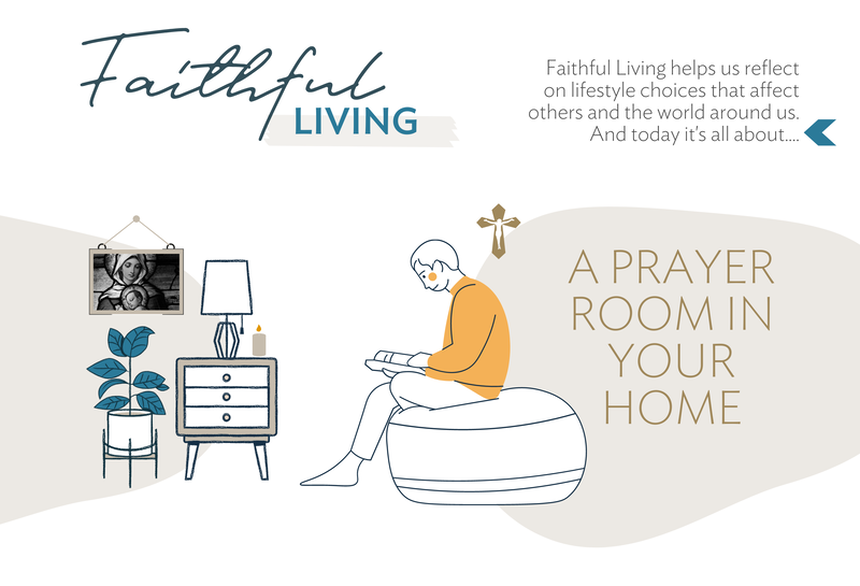
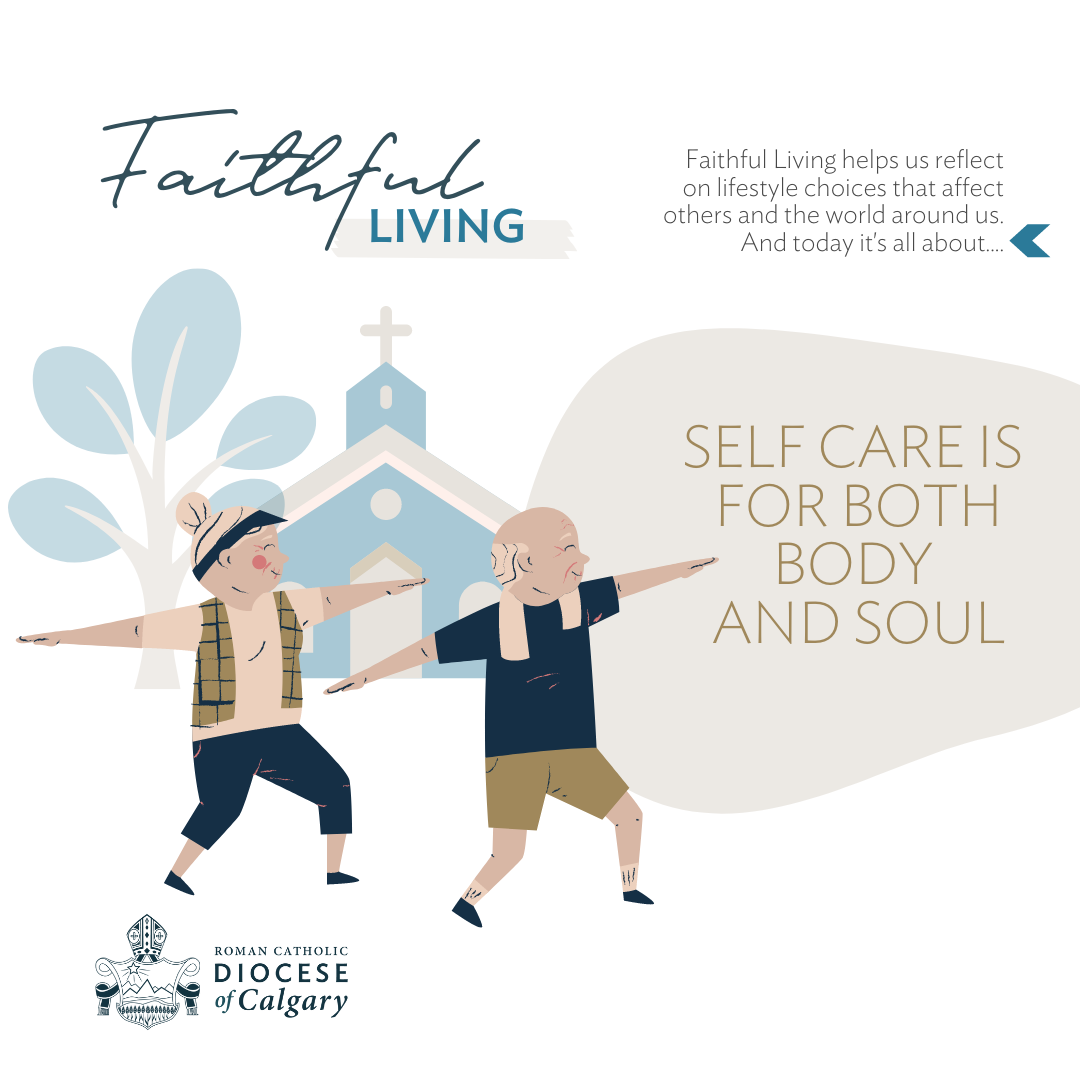
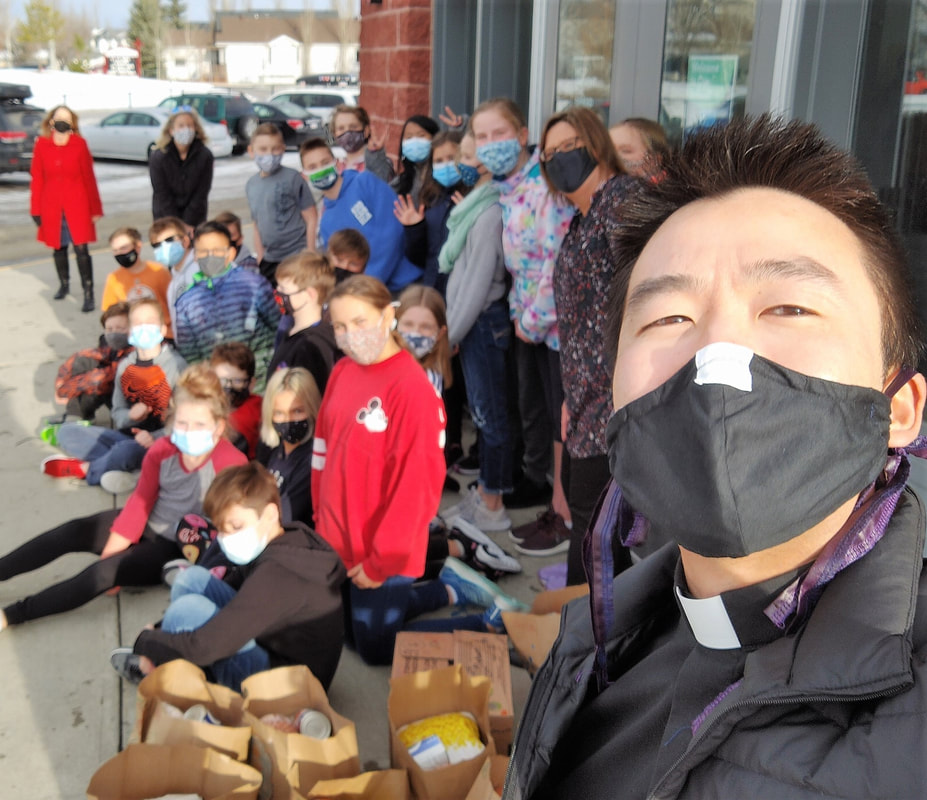
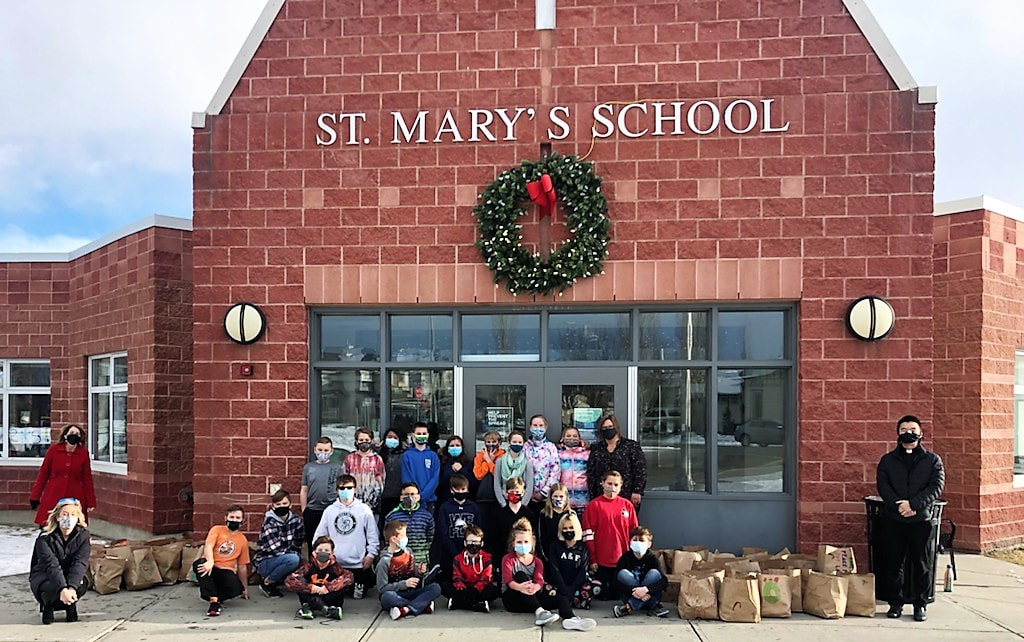
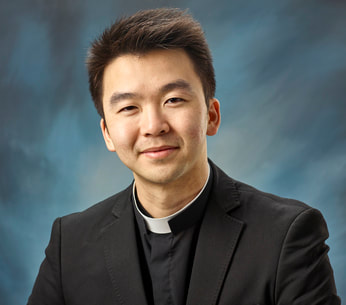
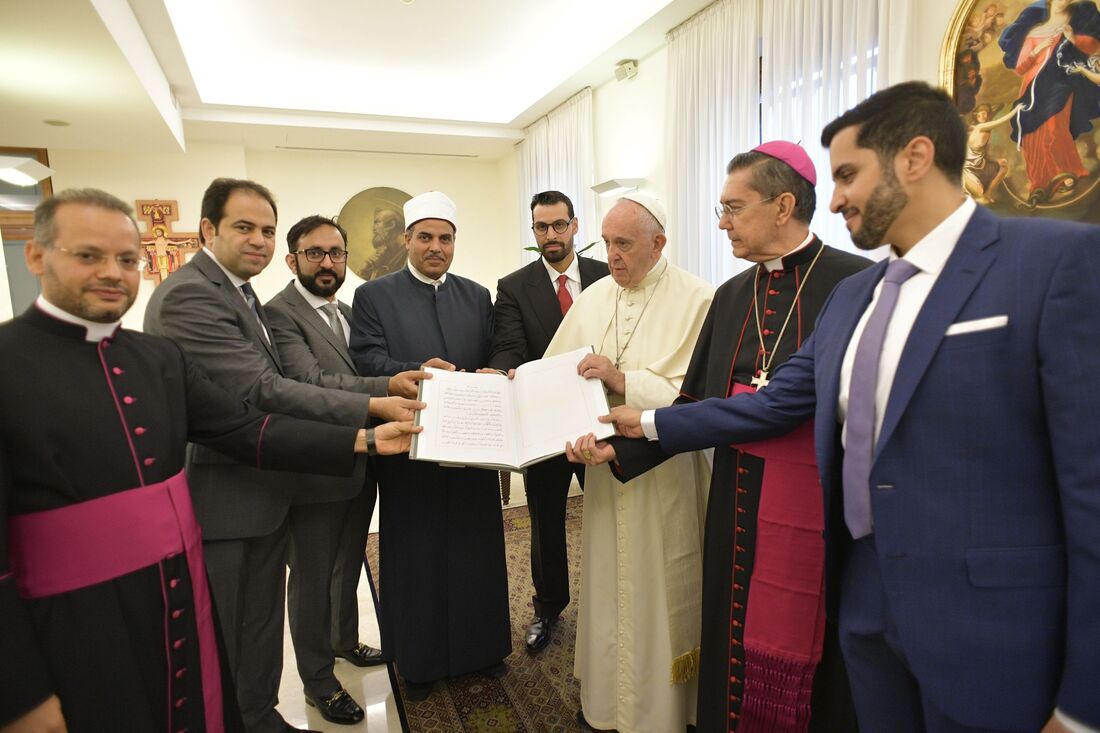
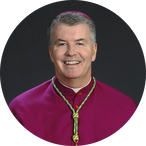




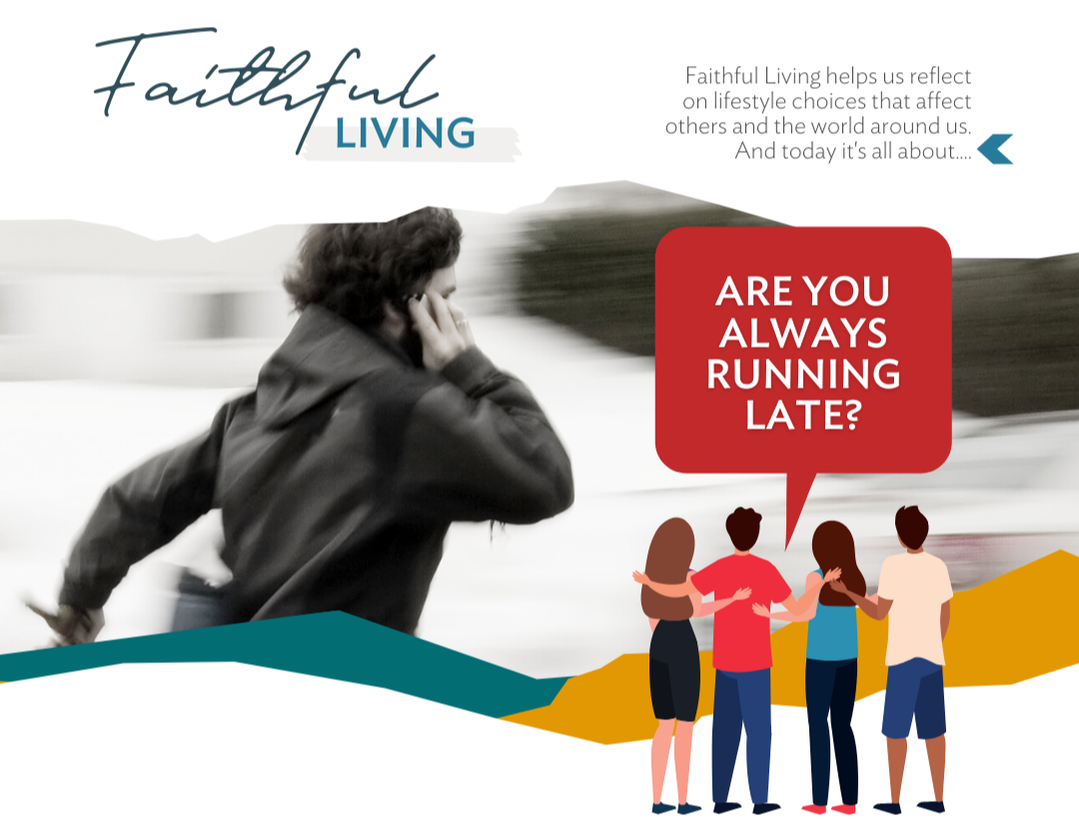
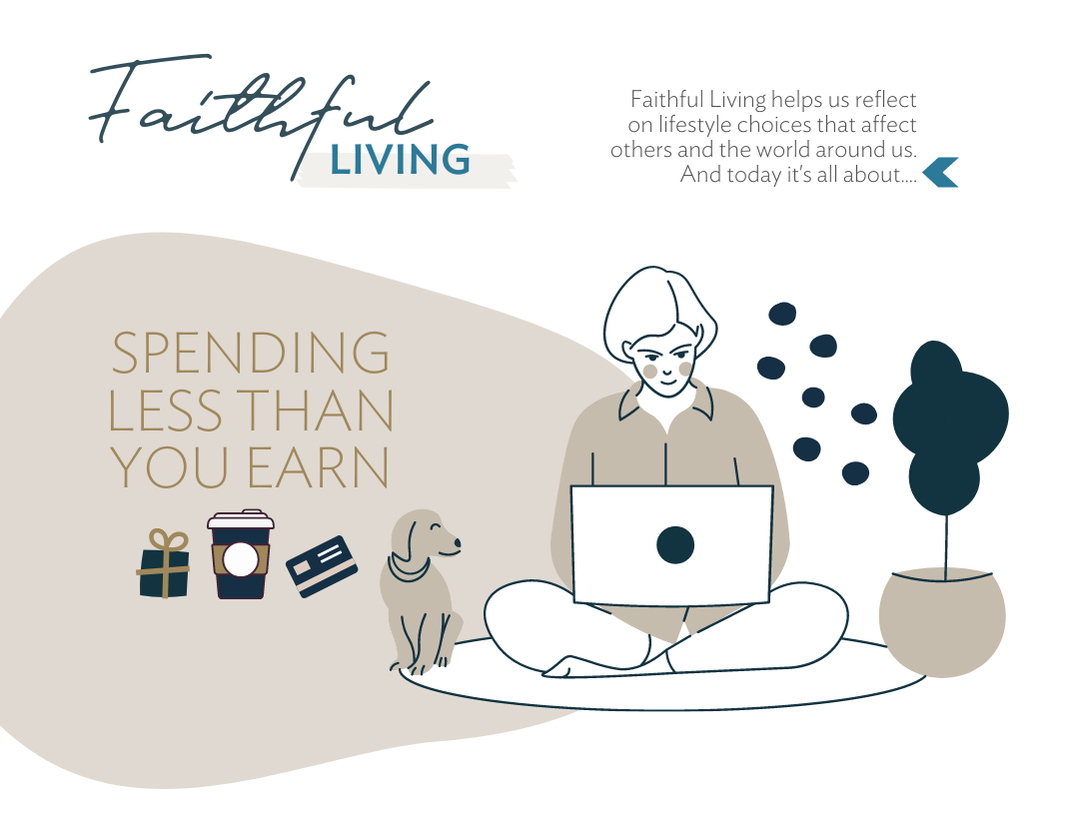
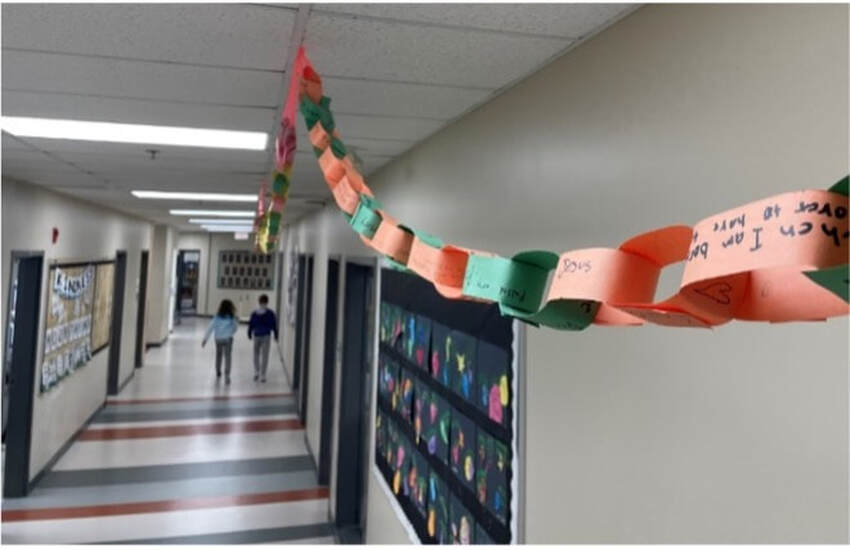
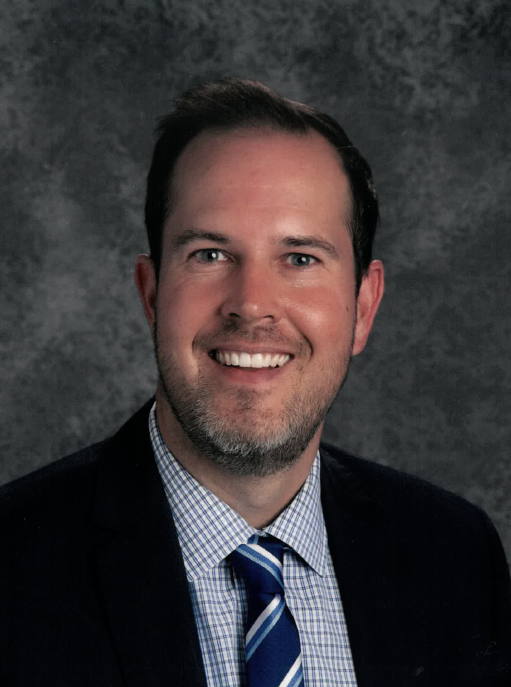
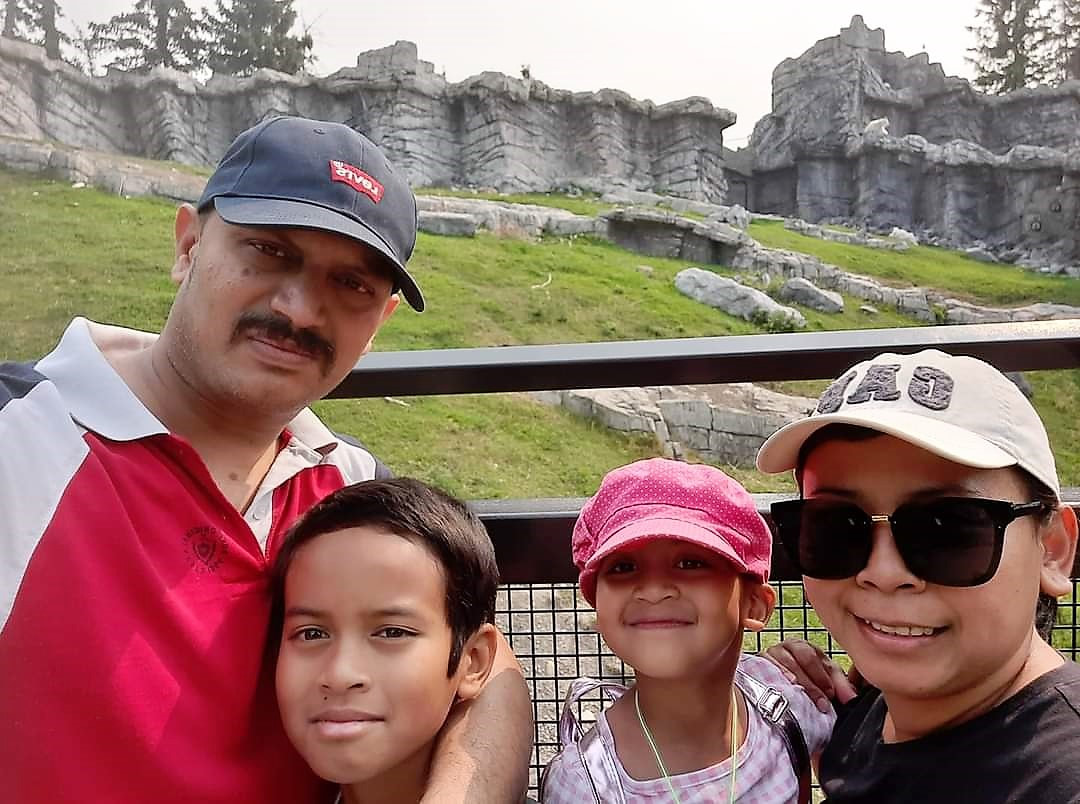
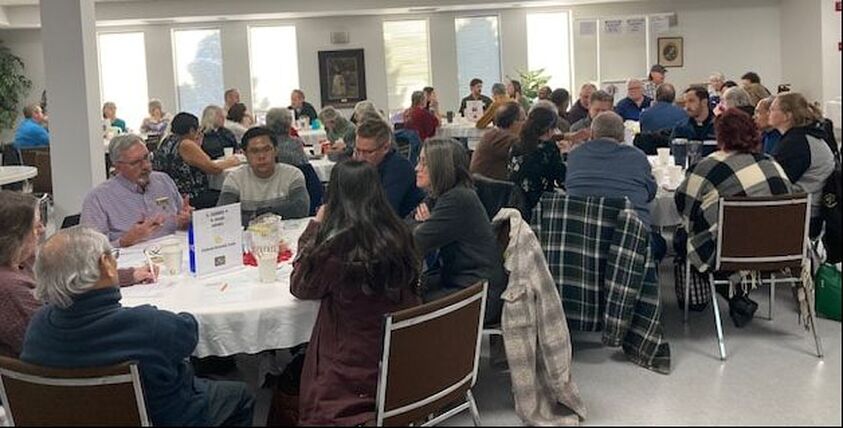
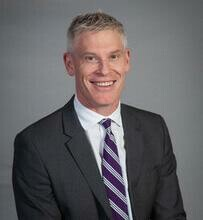
 RSS Feed
RSS Feed